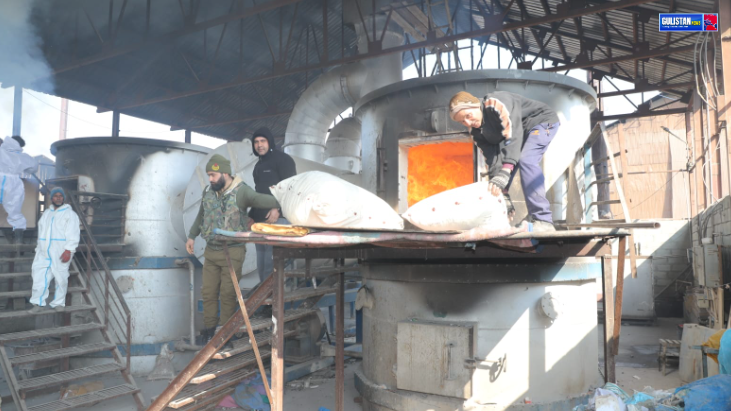Parrot Fever Outbreak in Europe: Psittacosis, a respiratory bacterial infection, also known as parrot fever, has killed five people across Europe this year. As per the World Health Organisation (WHO), four people have died in Denmark, one in the Netherlands and dozens more have been hospitalised across Austria, Germany and Sweden. The shocking revelation has created havoc among Europeans. But what exactly is this disease? How it can be prevented? In this article, we have delved into the causes, symptoms and treatment of parrot fever to shed light on this growing health concern.
What is Parrot Fever?
Dr Neha Rastogi, Consultant, Infectious Diseases, Fortis Memorial Research Institute, Gurugram spoke to a National media agency where she revealed what Parrot fever is, she said, “Parrot fever, also known as psittacosis, is a rare but potentially serious bacterial infection caused by the bacterium Chlamydia psittaci. This infection primarily affects birds, especially parrots, pigeons, and poultry, but it can also be transmitted to humans through inhaling airborne particles contaminated with the bacteria”.
When a person comes into contact with the bacteria, they can develop flu-like symptoms such as a fever, chill, headache, muscle aches and fatigue. In more cases, it can cause pneumonia and other respiratory problems.
Parrot fever is a bacterial infection caused by the bacteria Chlamydia psittaci. It can be transmitted to humans through direct contact with infected birds, or their droppings, feathers or respiratory secretions. People who have low immunity or have pre-existing respiratory conditions are more prone to this infection.
How to Stay Safe From Parrot Fever?
The most effective way to prevent parrot fever is to practice good hygiene while handling birds or working in areas where birds are present. When you are handling birds or their cages, make sure you wash your hands and wear gloves and masks while cleaning bird cages. Also, it’s vital to educate yourself and others about its risks and seek medical attention if necessary.









